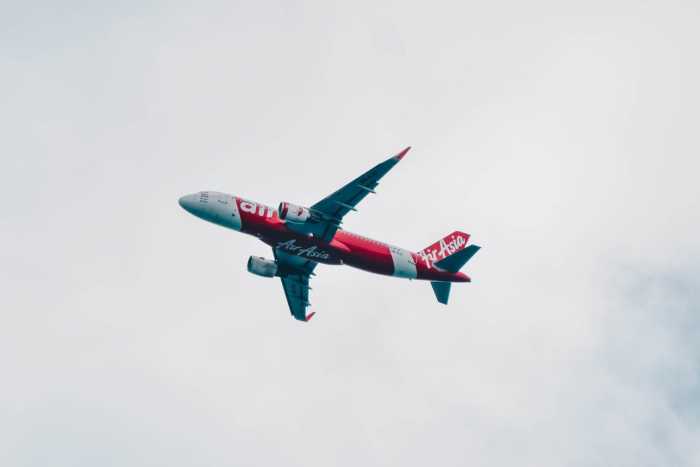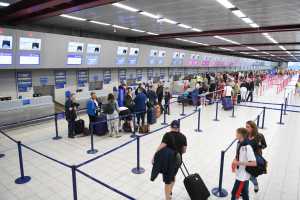
Thai Airlines Want Changes in the Airport Slot Allocation
27th Jan 2017

A number of Thai-based airlines and charter flight carriers, unhappy with the current airport slot coordination system, have asked for a meeting with Chula Sukmanop, Director of the Civil Aviation Authority of Thailand (CAAT) to discuss their concerns and try and find a solution that would benefit all parties.
They will be represented at the meeting by the Airline Operators Committee, a body that represents a total of 86 airlines and 26 aviation service providers.
According to the airlines, the current system favours the government-backed Thai Airways International (THAI) and taking this function away from the airline would be a good idea. THAI has been handling airport slots for decades now, under government guidelines, but the arrangement has now become outdated, the airlines believe.
Thai Airways International is handling time slots for landing and take-off at the bigger airports in Thailand such as Don Muang, Suvarnabhumi, Phuket and several others. The problem is especially noticeable in bigger airports, operated by the Airports of Thailand (AoT).
According to one operator, denying airport slots could cost them around 500 million baht per year, as they would have to redirect, delay or even cancel some flights because of it.
Another airline operator said the following:
We often receive a 'no' when we ask for slots when we know that with a little cooperation, flexibility and understanding they could accommodate our requests. Sometimes when we request a landing at, say, Phuket airport from the coordinators, they will turn us down, when a cross-check with Phuket tells us that the airport could handle us.
He also added:
Realistically, there are viable techniques to open a window to squeeze in some flights between the busy rosters, such as putting them in a holding pattern, rather than an outright rejection.
The alternative to THAI handling flight slots, according to the operators, is letting CAAT handle it. Another way to do it would be to delegate a neutral body that would represent the whole Thai aviation industry. A company like Aeronautical Radio of Thailand, which was founded by airlines to handle air traffic control, is a potential candidate.








